Ajoka Theatre to represent Pakistan at theatre festival in Cairo
Ajoka Theatre to represent Pakistan at International Festival for Contemporary and Experimental Theatre
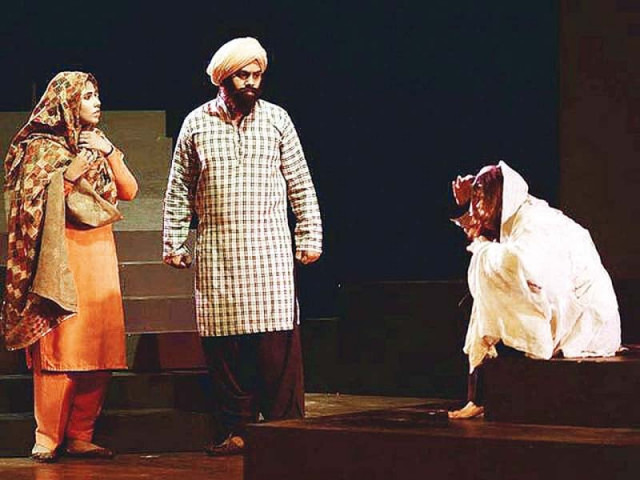
Ajoka Theatre recently performed at India’s Hamsaya Theatre Festival, opening to standing ovations from the audience. PHOTO: FILE
According to a press release, Nadeem will participate as a speaker on various issues faced by traditional and modern theatre. On September 27, he will be conducting an exclusive workshop with local and international practitioners, under the title of ‘Theatre in the Time of Jihad’.
Before leaving for the festival on Monday, Nadeem told The Express Tribune that CIFCET is a grand event, attended by leading theatre personalities from all over the Middle East and other parts of the world. “As a whole, the festival is a huge deal and holds up to eight to 10 performances across Cairo, simultaneously. This will be the second time Ajoka participates in the CIFCET. Last time, we performed Shehr-e-Afsos there,” he shared.

According to Nadeem, this is an excellent opportunity for him to learn about Middle Eastern theatre, share their experience of socially-charged plays and challenge the extremist mindset via the art of theatre. CIFCET is a non-competitive festival, organised under the auspices of the Egyptian culture ministry. “It is a revised version of the Cairo International Festival of Experimental Theatre, which was held between 1998 and 2010. It is our honour that we have been invited to represent our country there.”
CIFCET aims to broaden the space for mutual understanding, amongst diverse populations and communities. It is held annually so as to introduce latest developments in the world’s theatre scene to Egyptian and Arab audiences, while also showcasing local and regional content for theatre enthusiasts from the world over. In addition to this, it features book readings, panel discussions, talks, workshops, stage readings and other aspects related to performing art, all translated into English.
This is hardly the first time Ajoka Theatre has been invited to an international event. The invitation comes just a couple of months after the group made waves at the Hamsaya Theatre Festival in Chandigarh, India, wherein it performed renowned plays like Dara, Kaun Hai Yeh Gustakh, Lo Phir Basant Ayee, Kabira Khara Bazaar Main and Anhi Maai da Sufna.
In an earlier interview, Nadeem had stated that the festival helped break the ice between India and Pakistan, despite prevailing tensions on both sides of the border. According to him, the messages of peace and love written into the scripts of Kabira Khara Bazaar Main and Dara diffused political and social tensions and won the hearts of the Indian audiences.
Published in The Express Tribune, September 20th, 2016.
Like Life & Style on Facebook, follow @ETLifeandStyle on Twitter for the latest in fashion, gossip and entertainment.

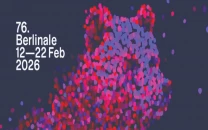


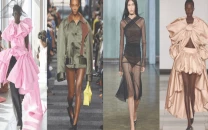
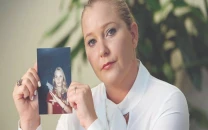
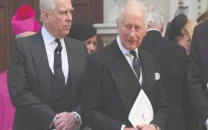












COMMENTS
Comments are moderated and generally will be posted if they are on-topic and not abusive.
For more information, please see our Comments FAQ